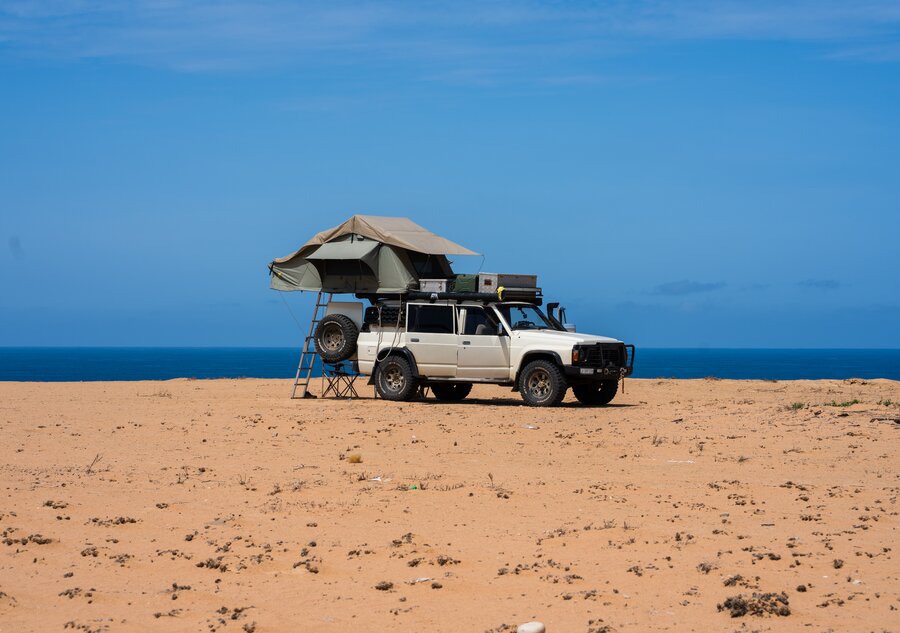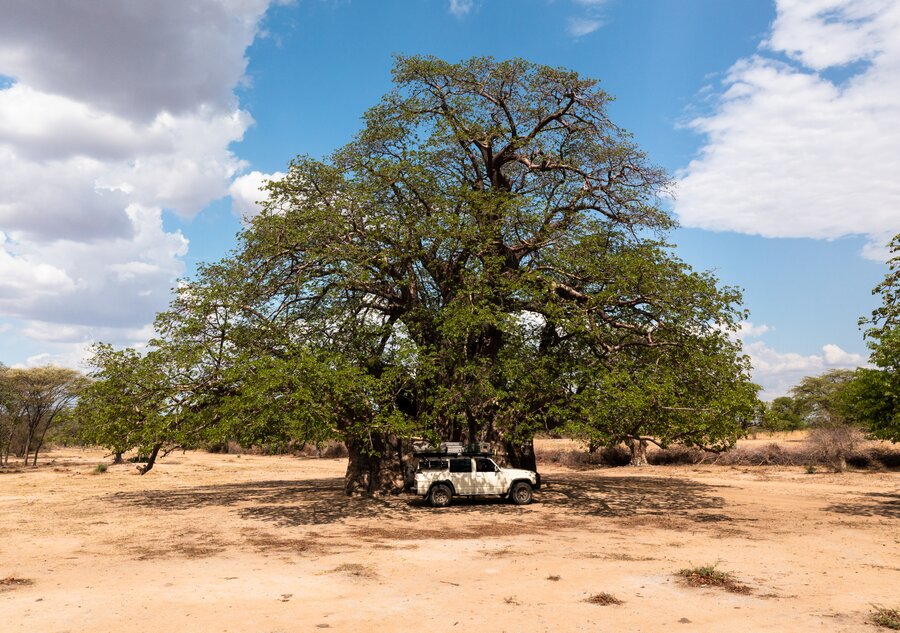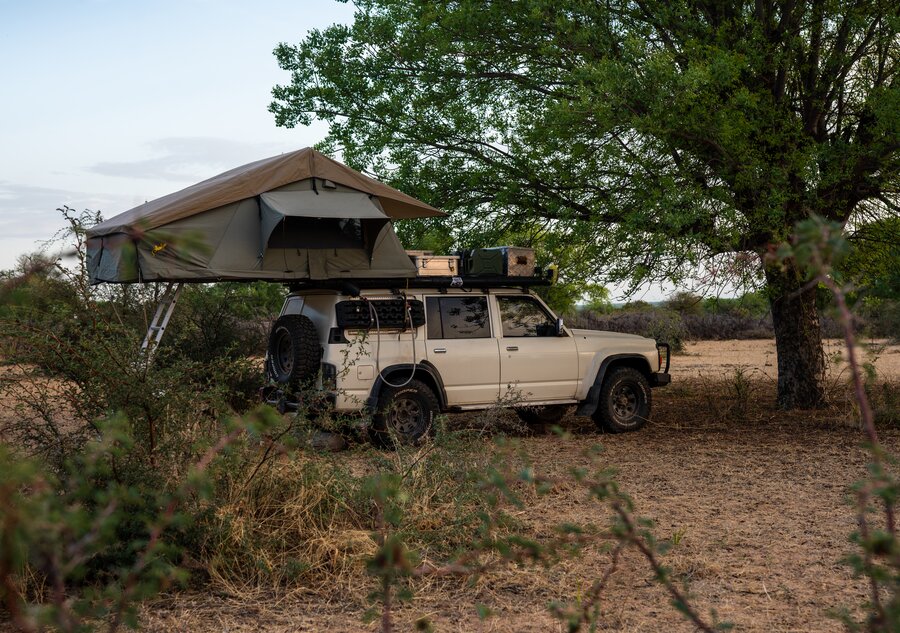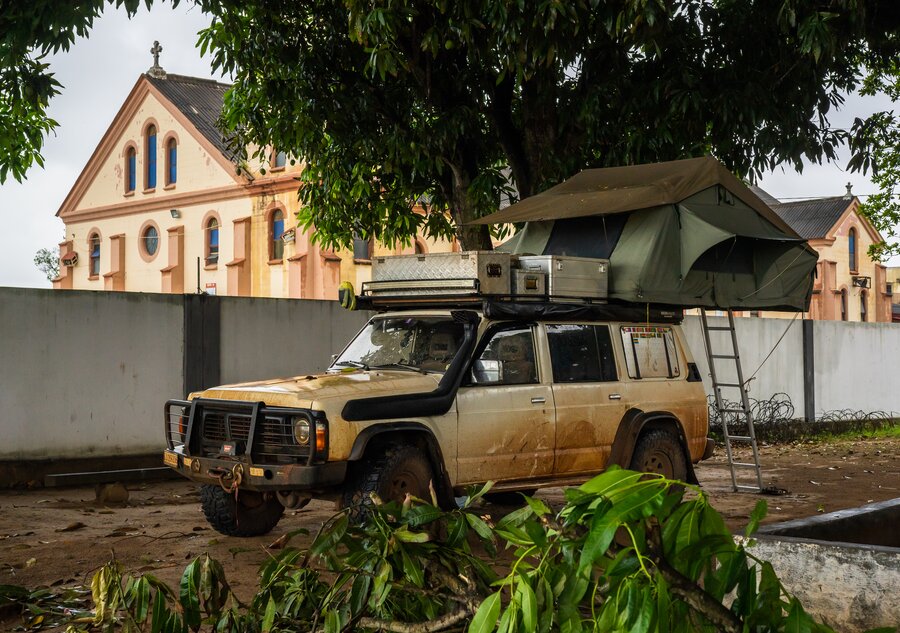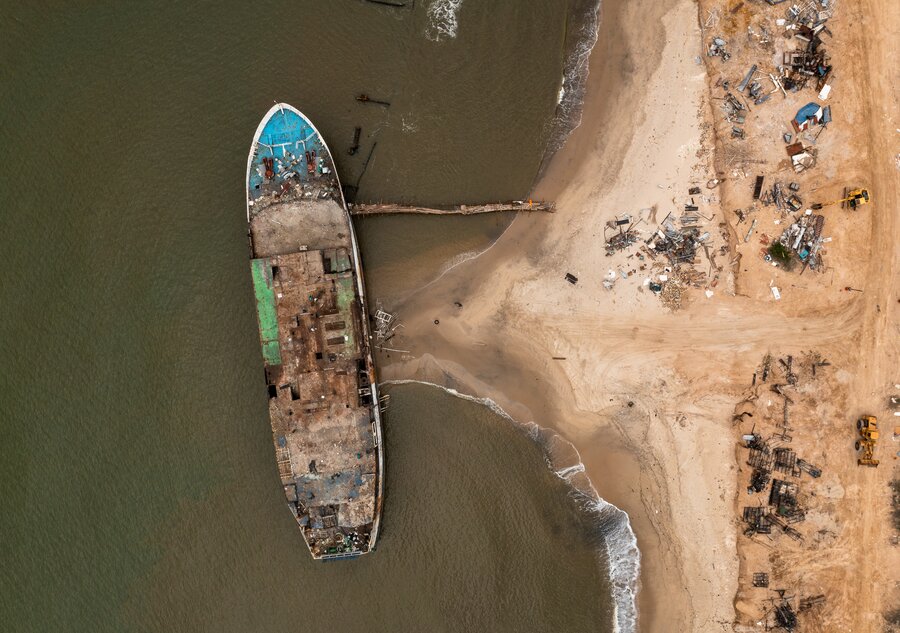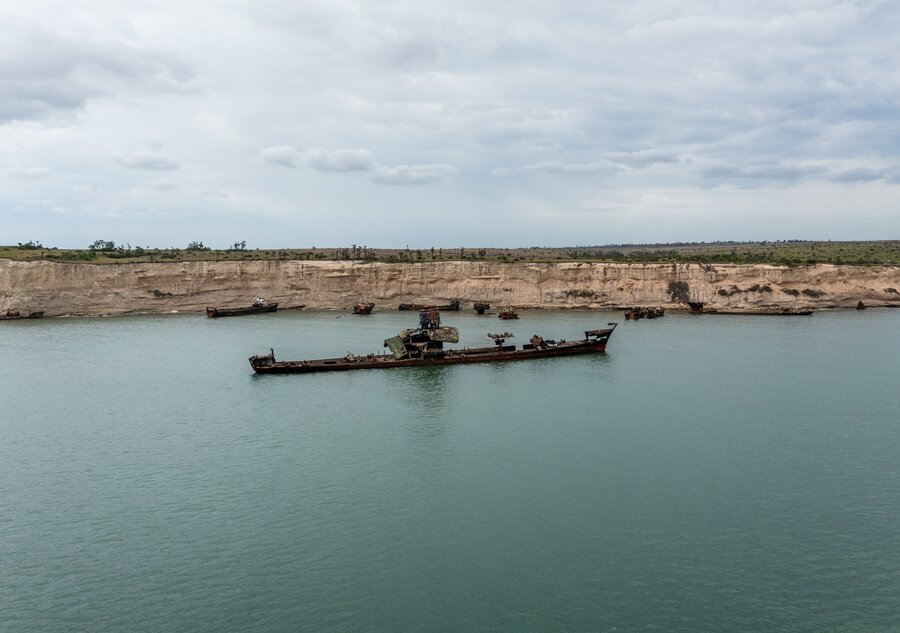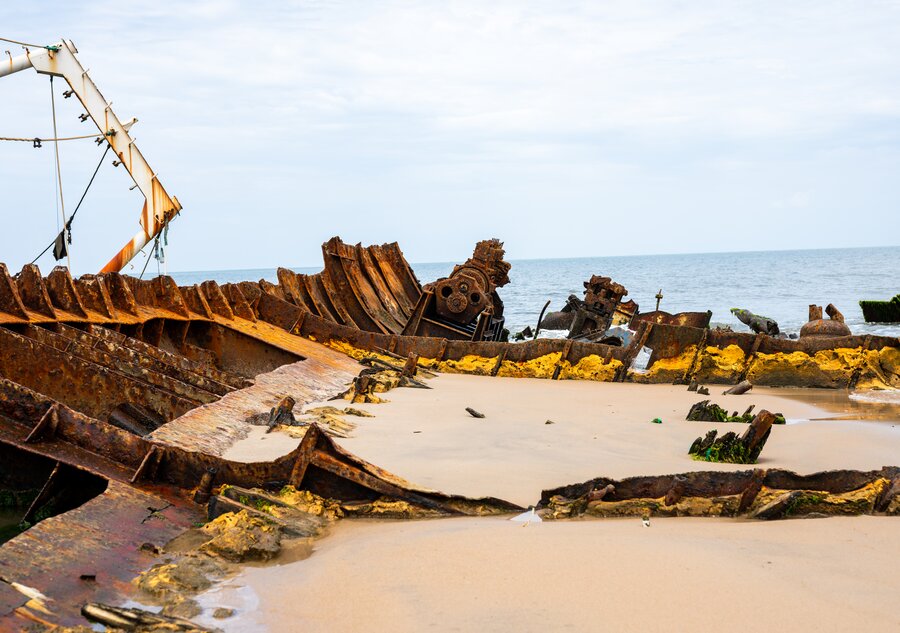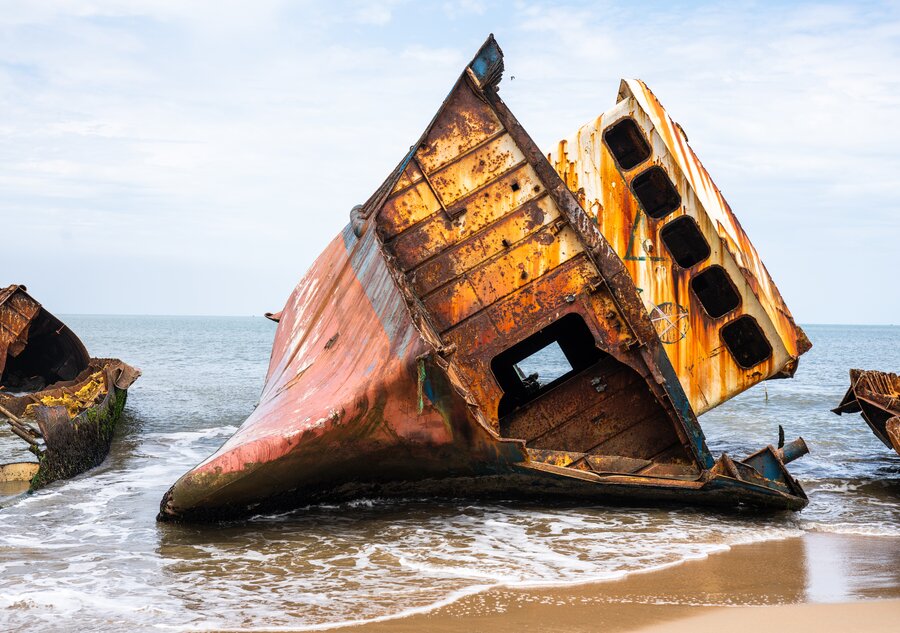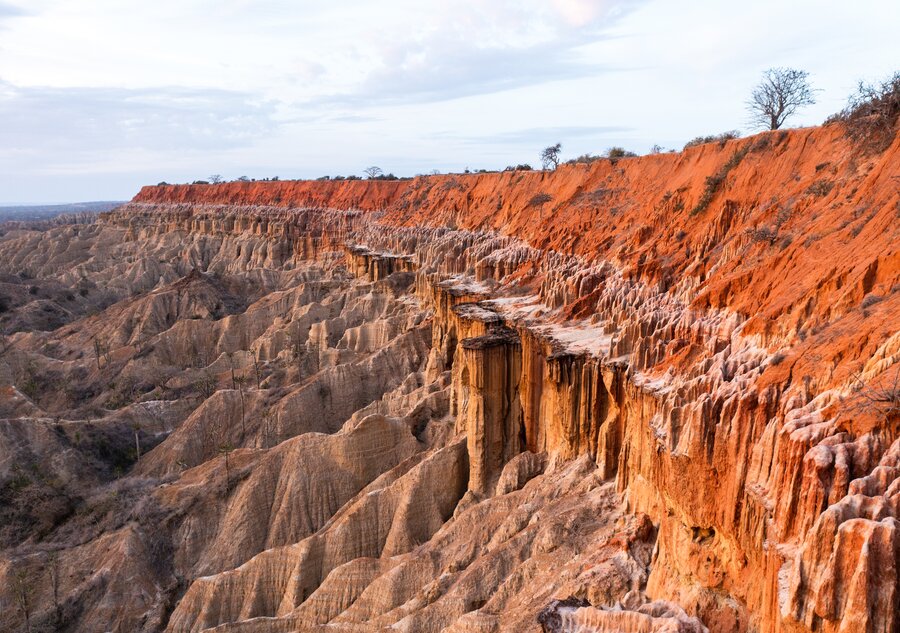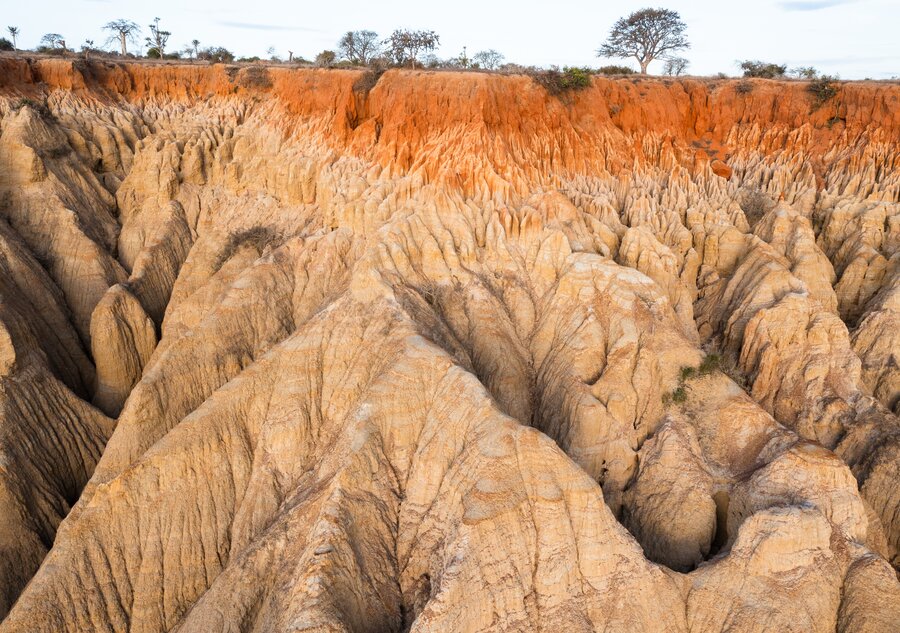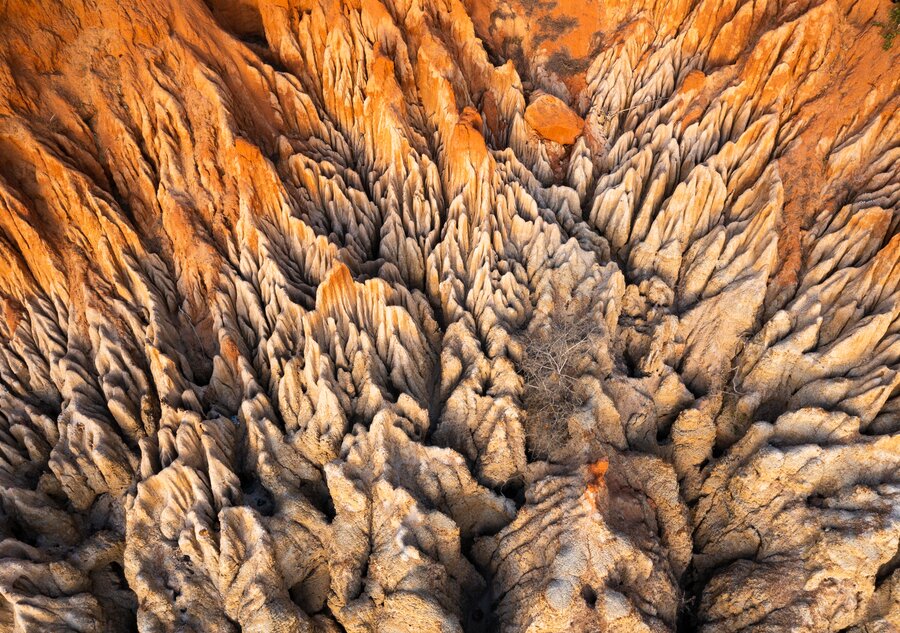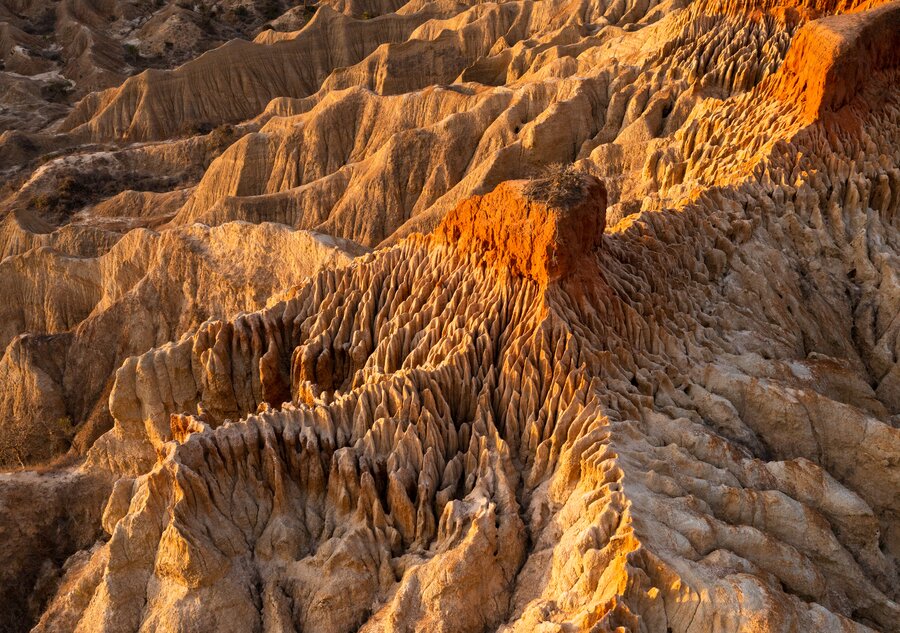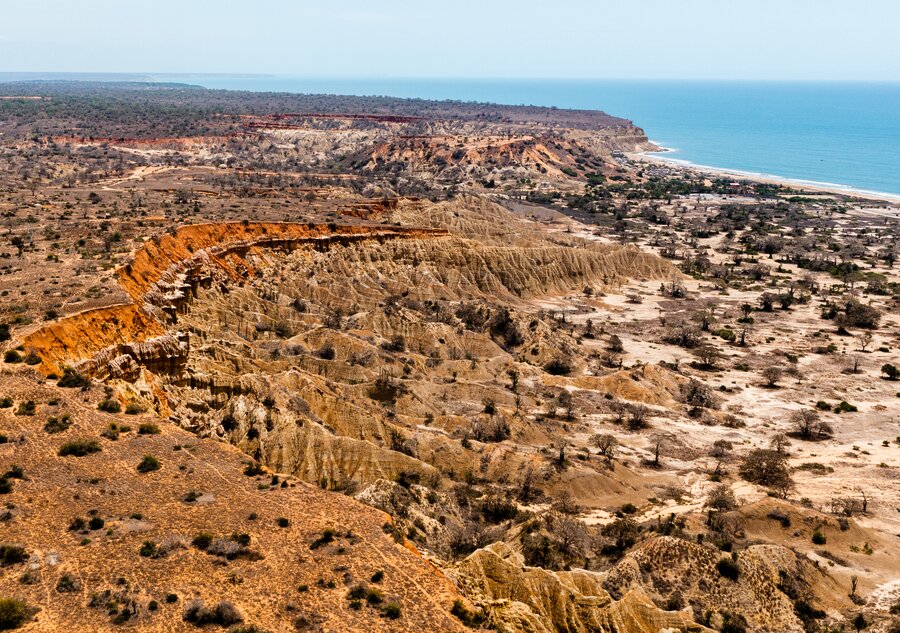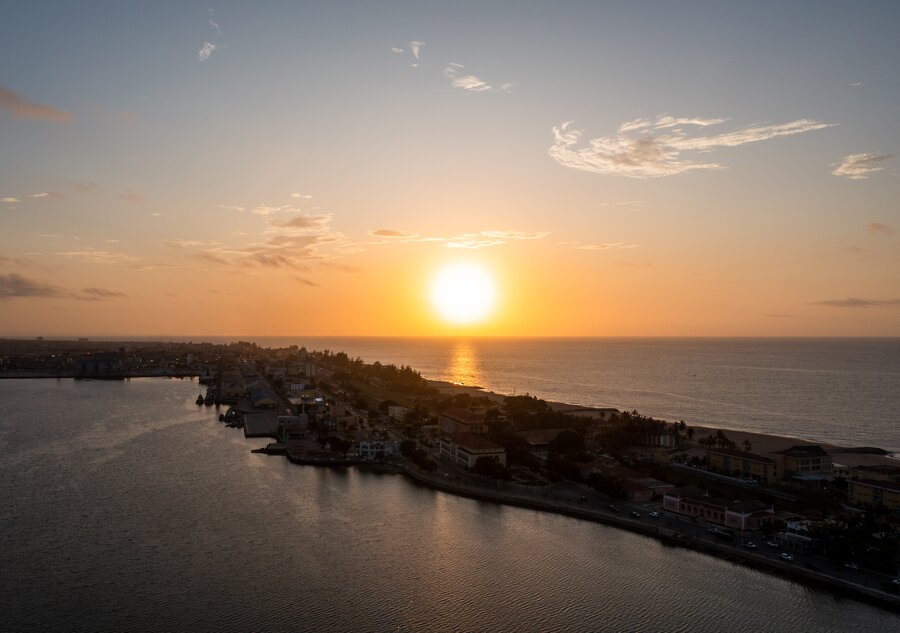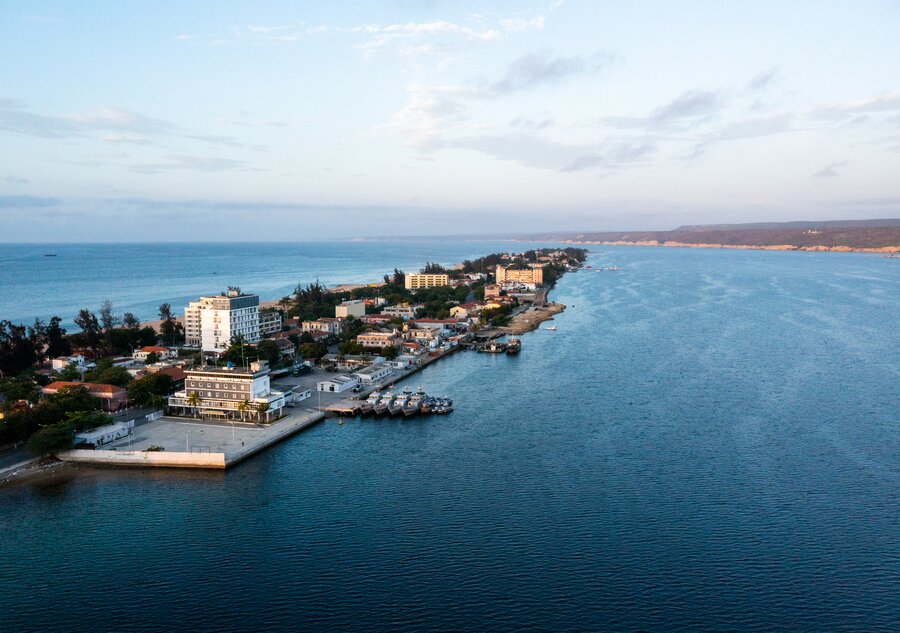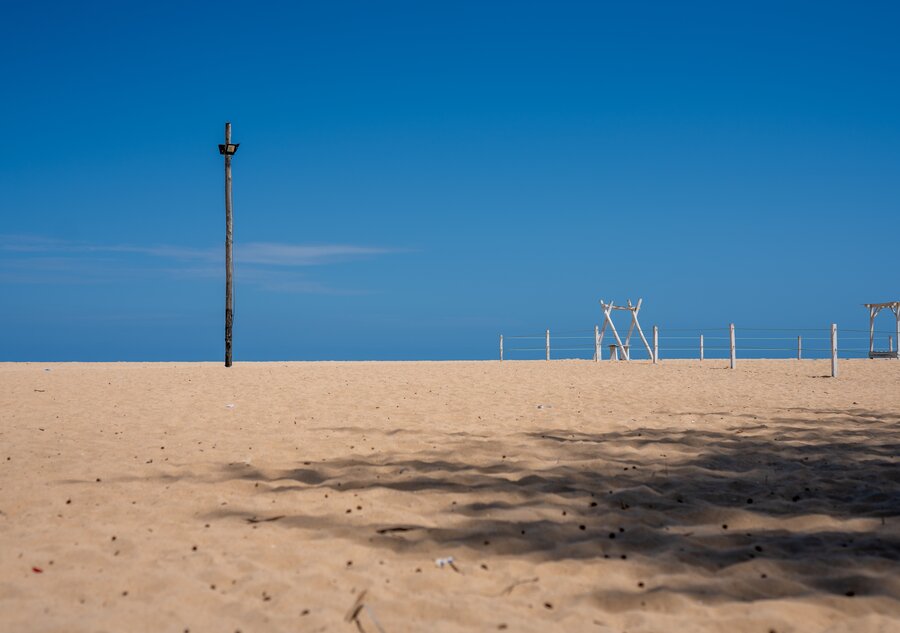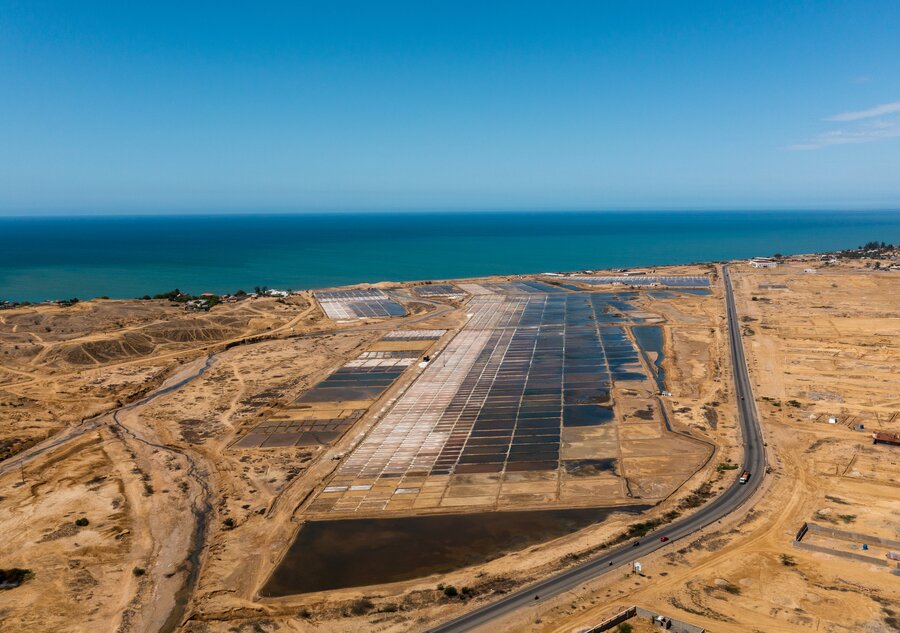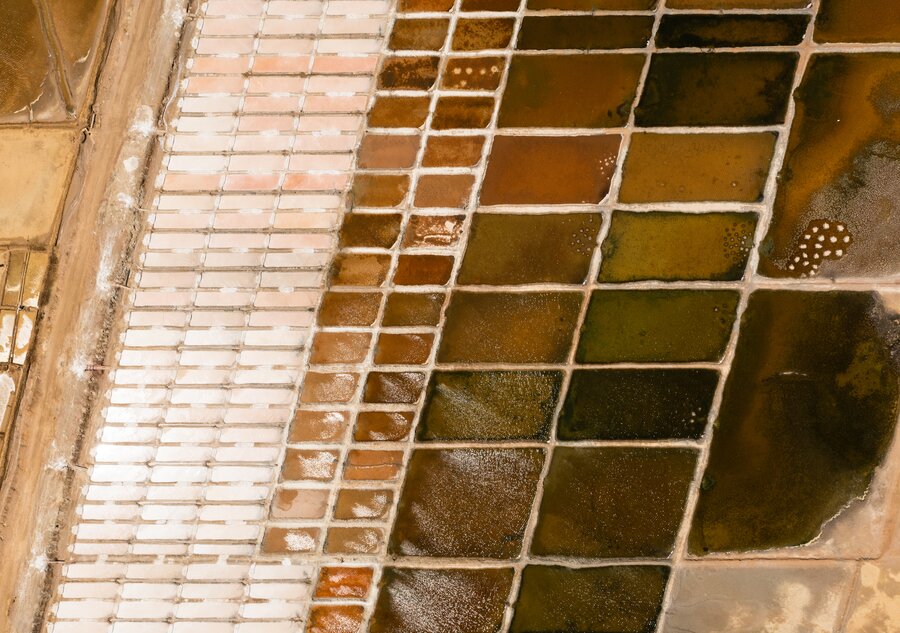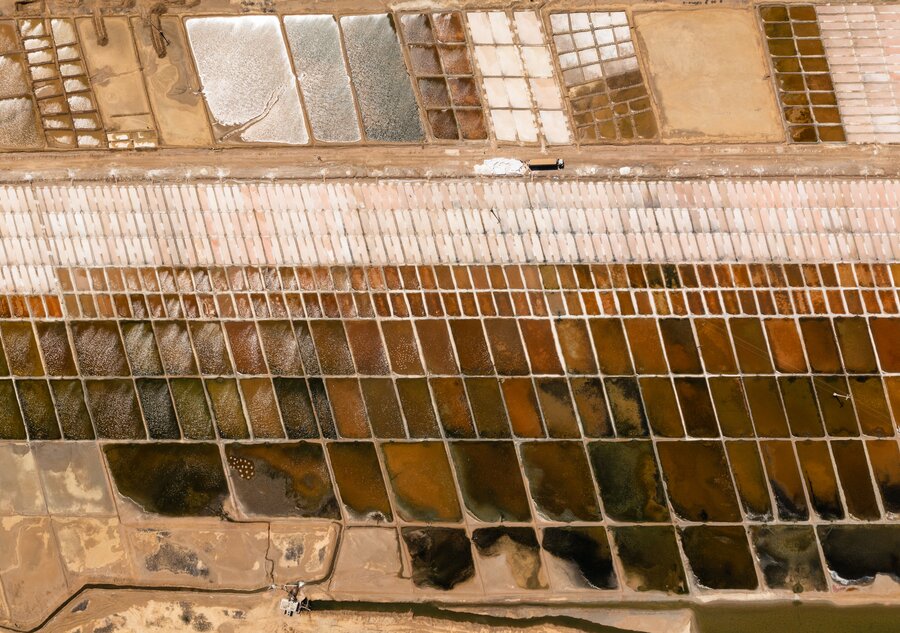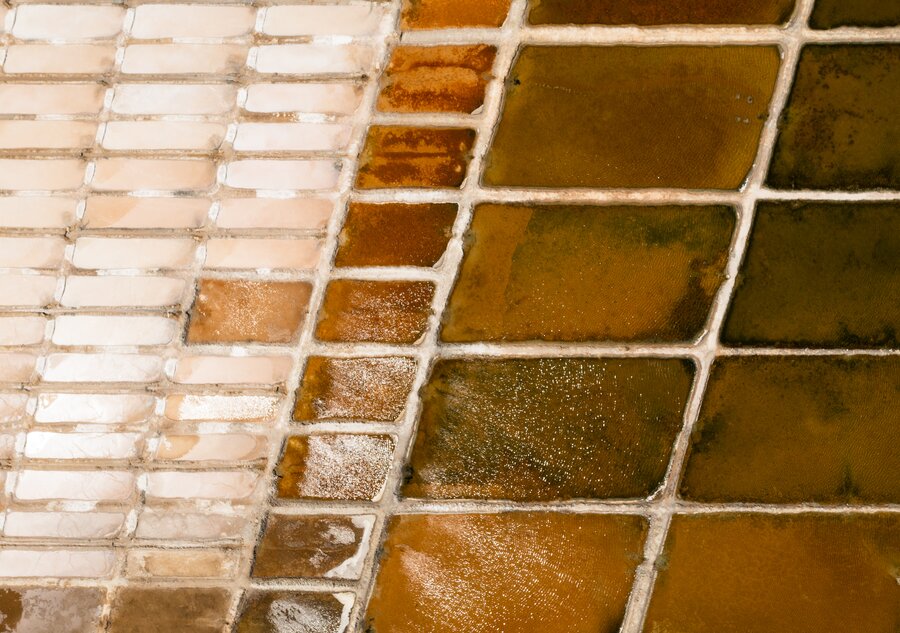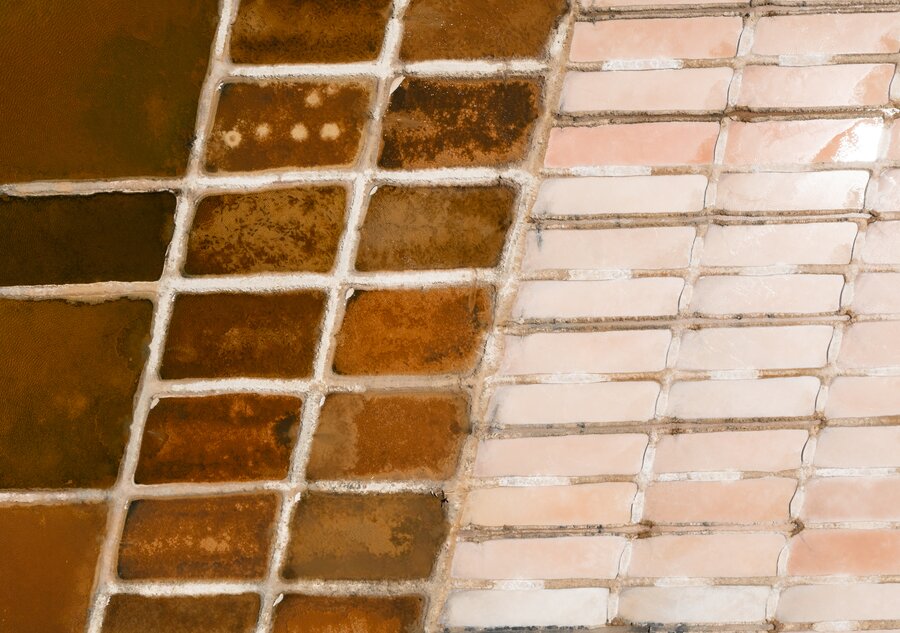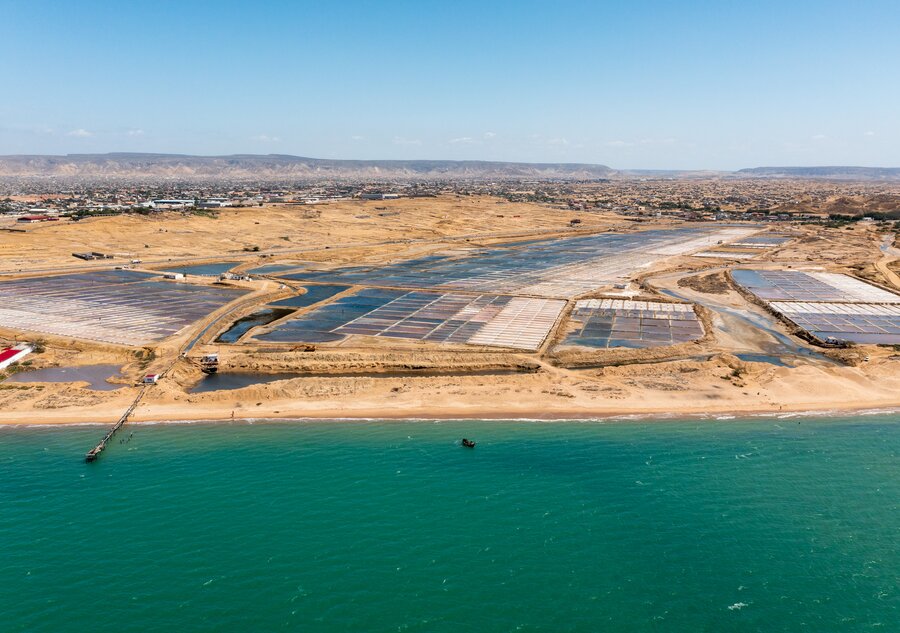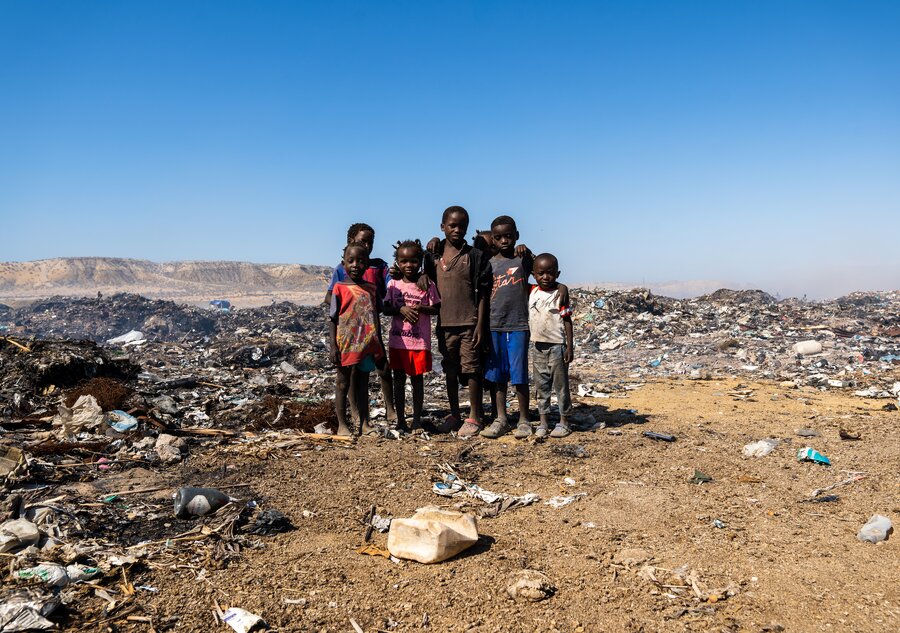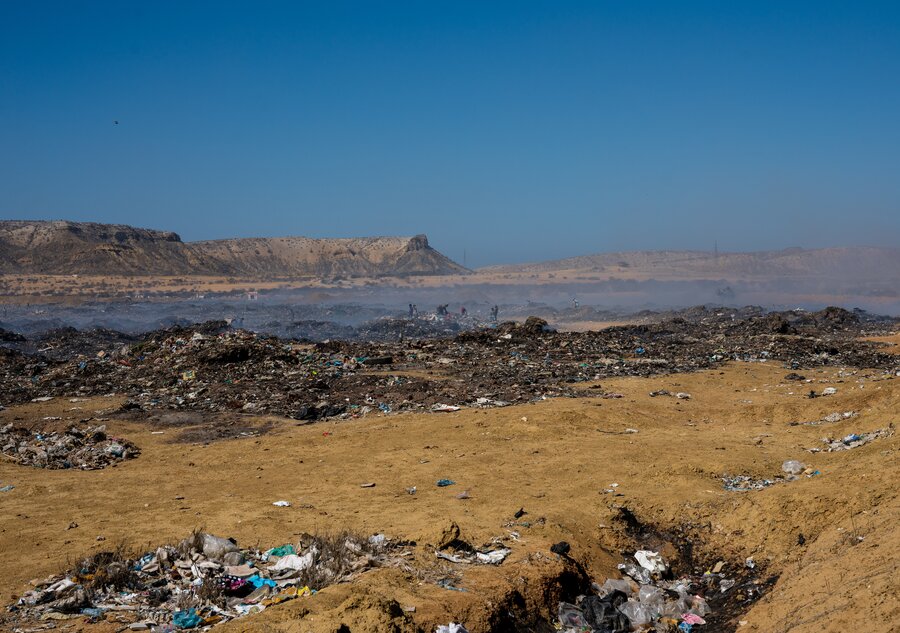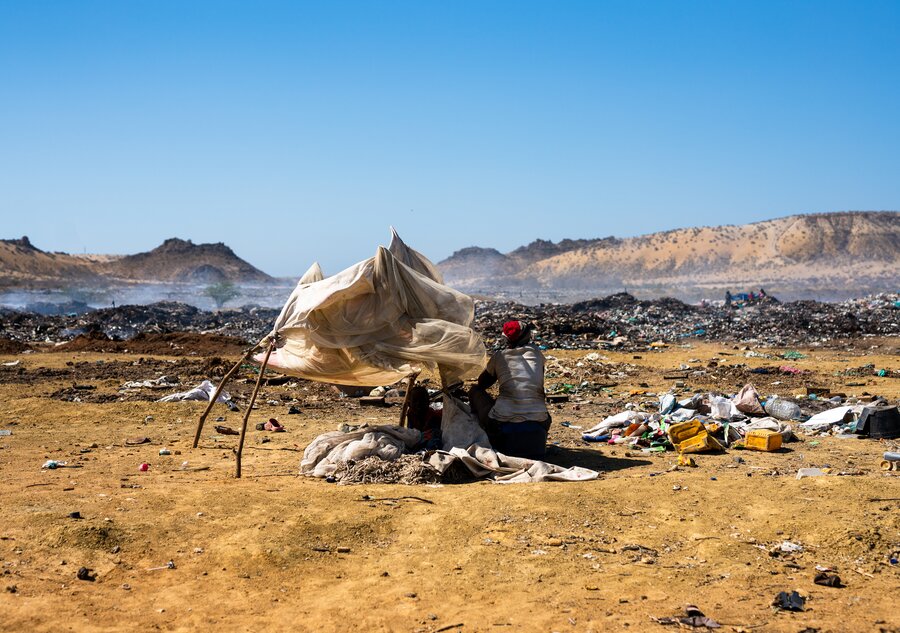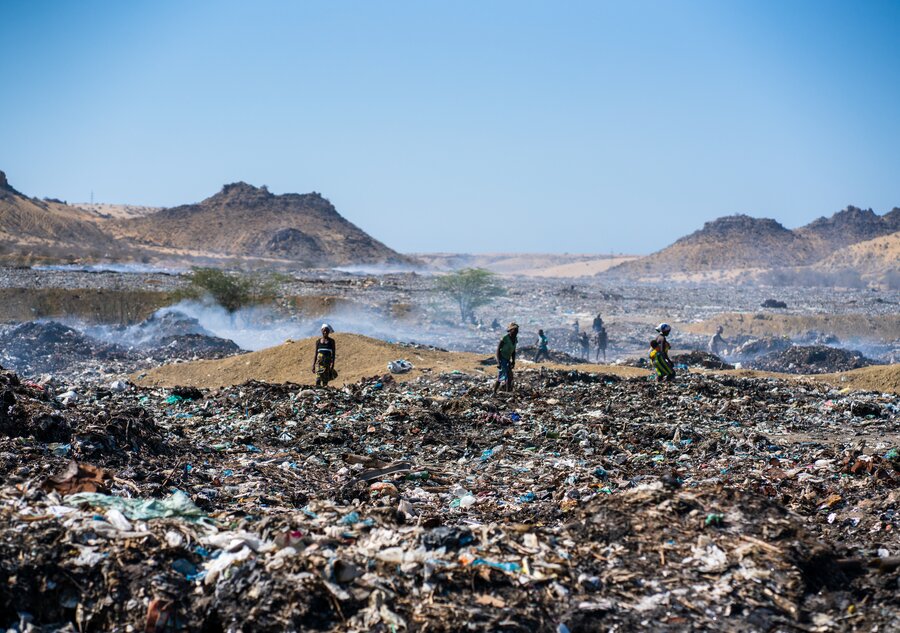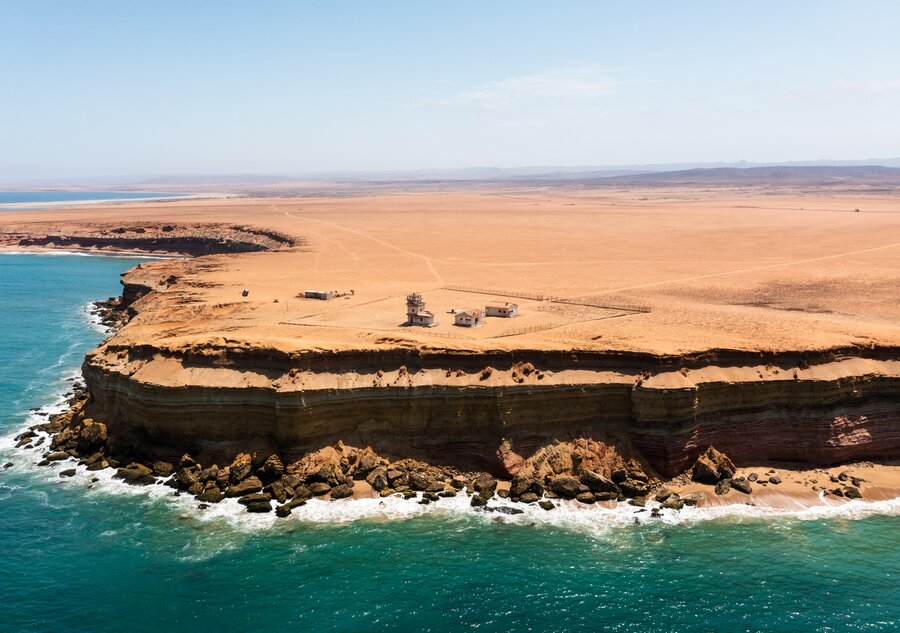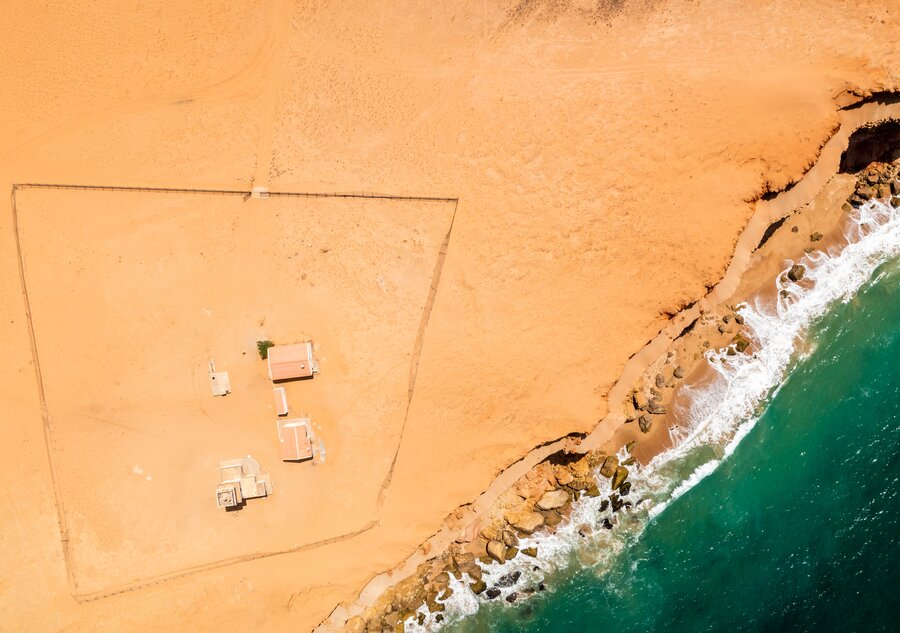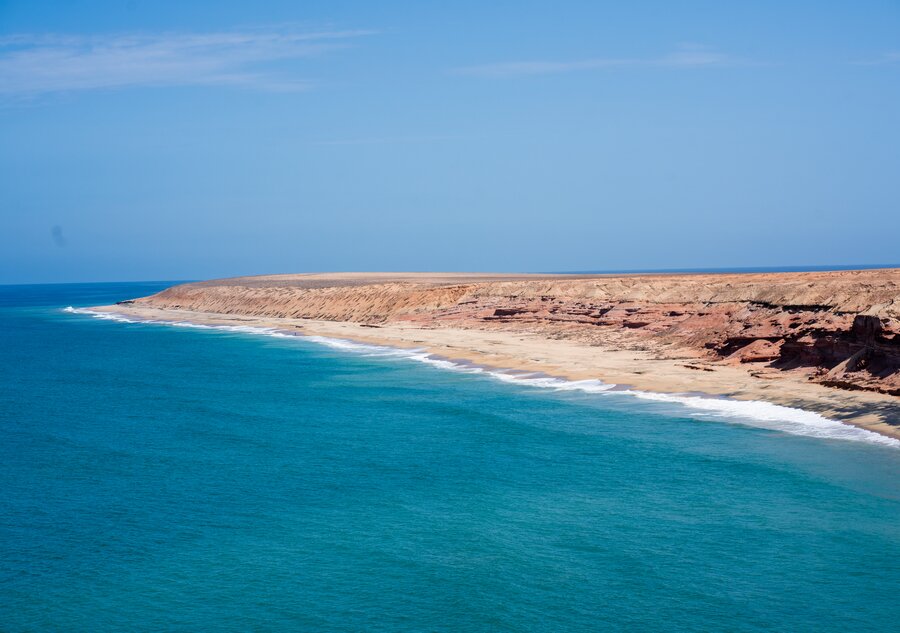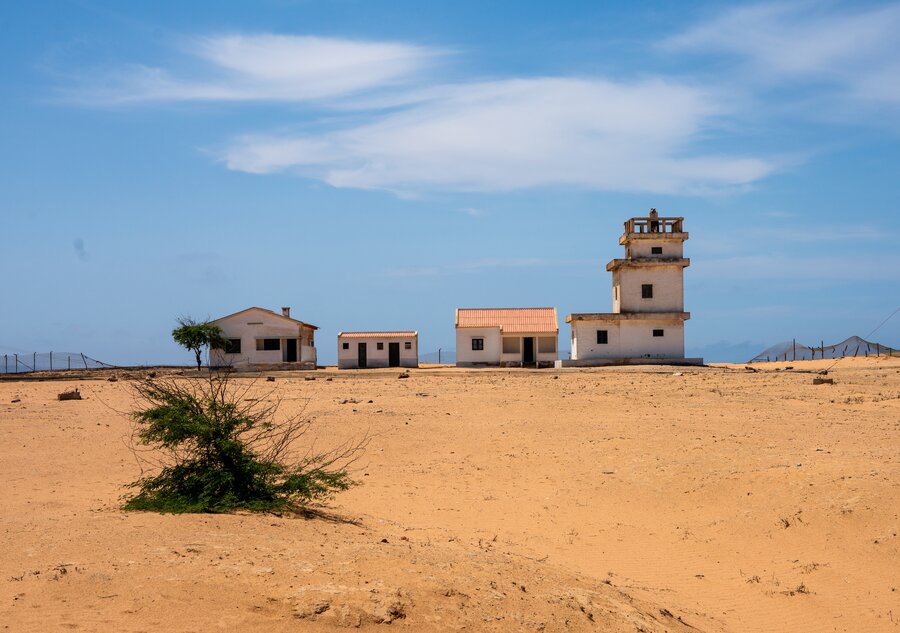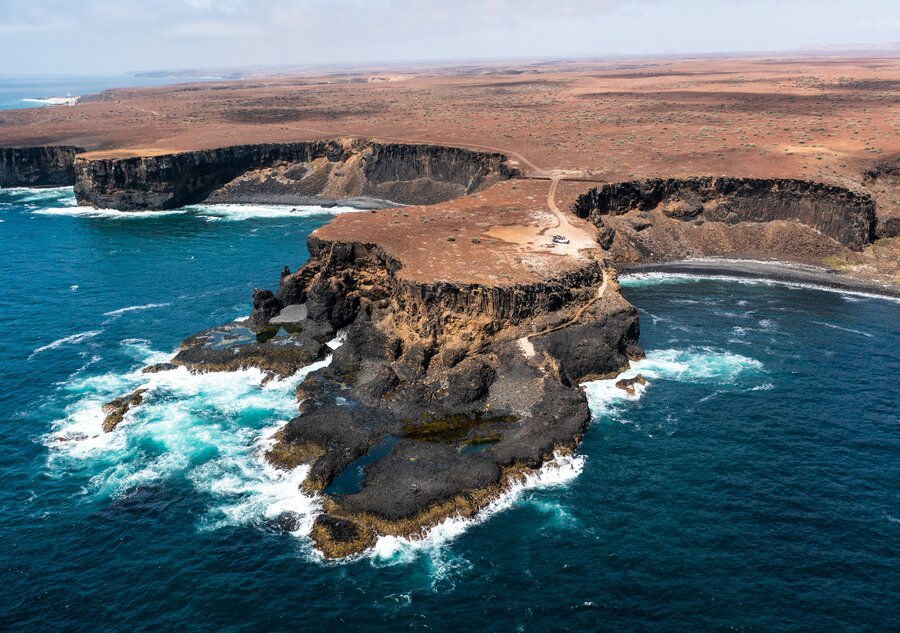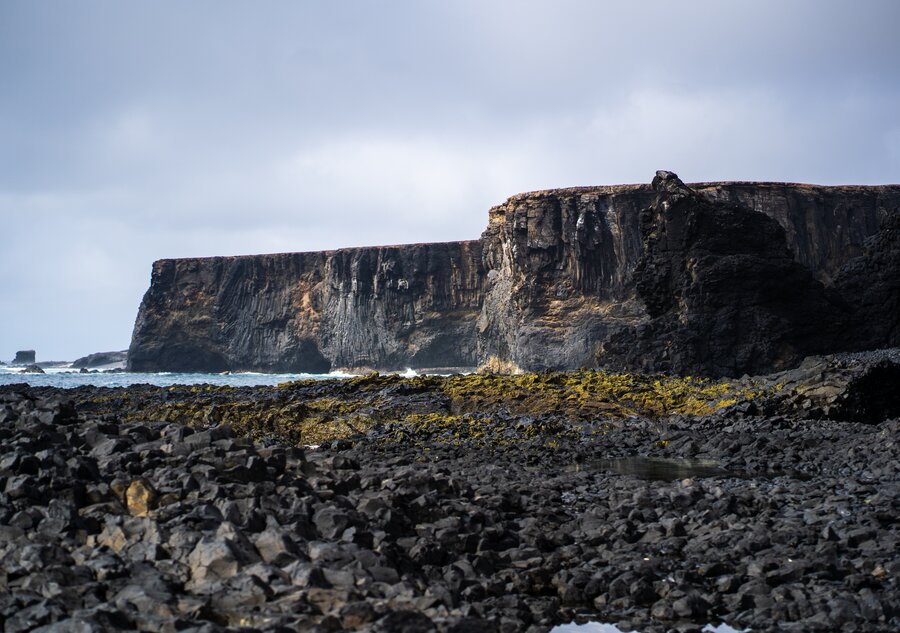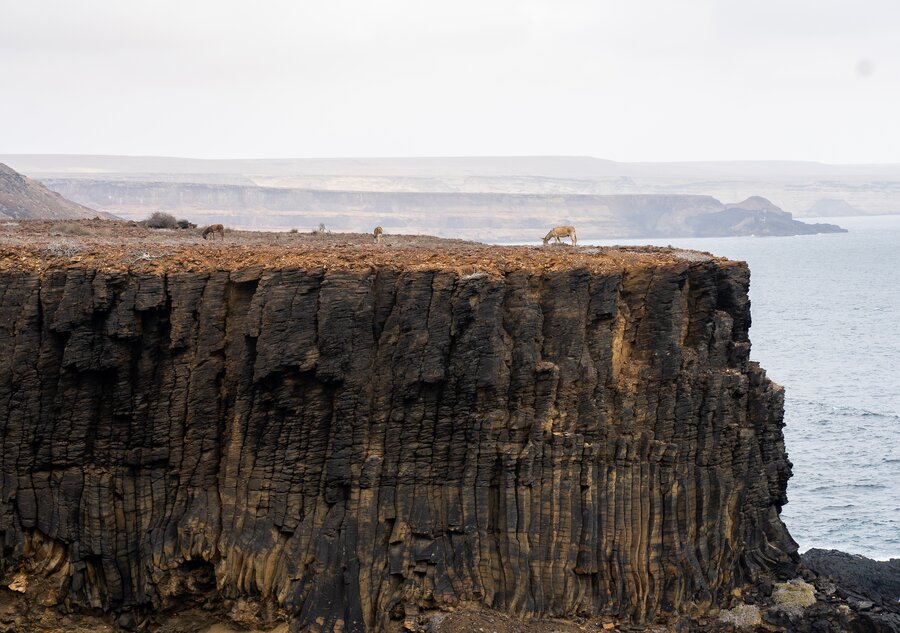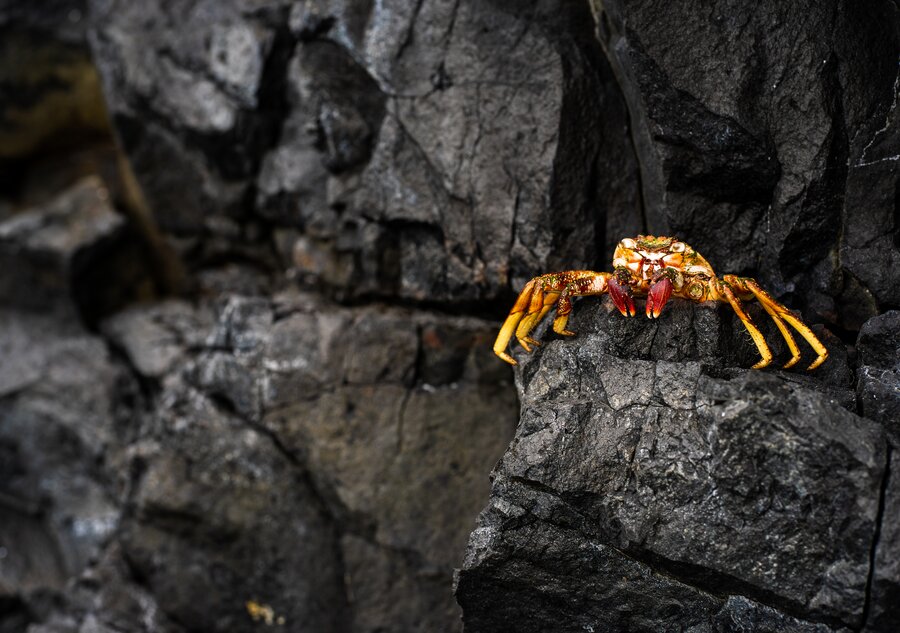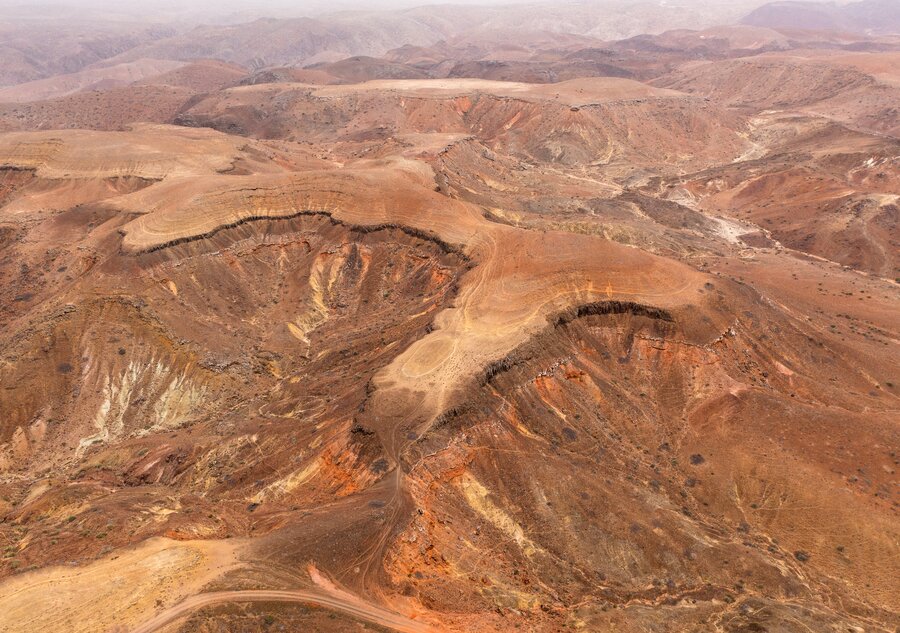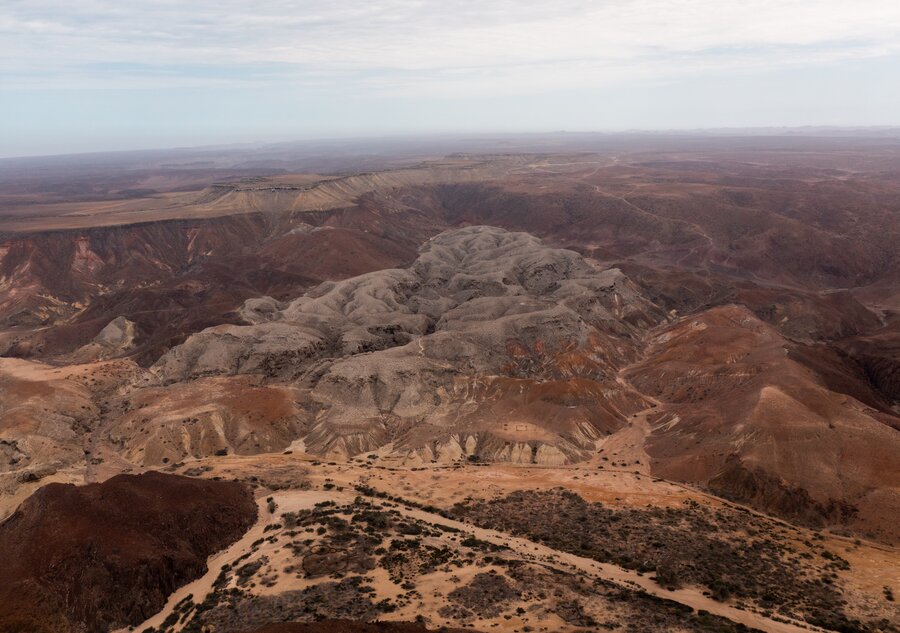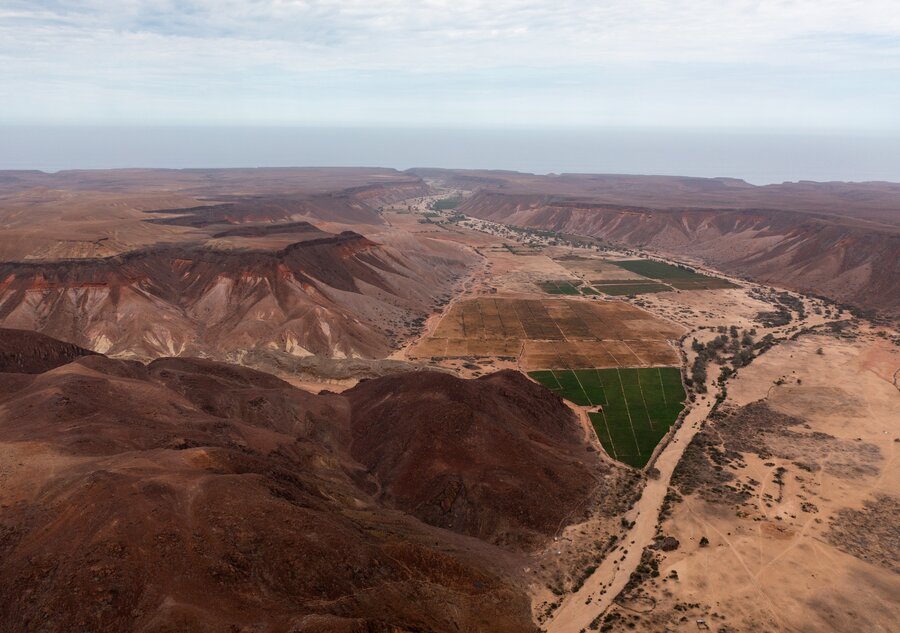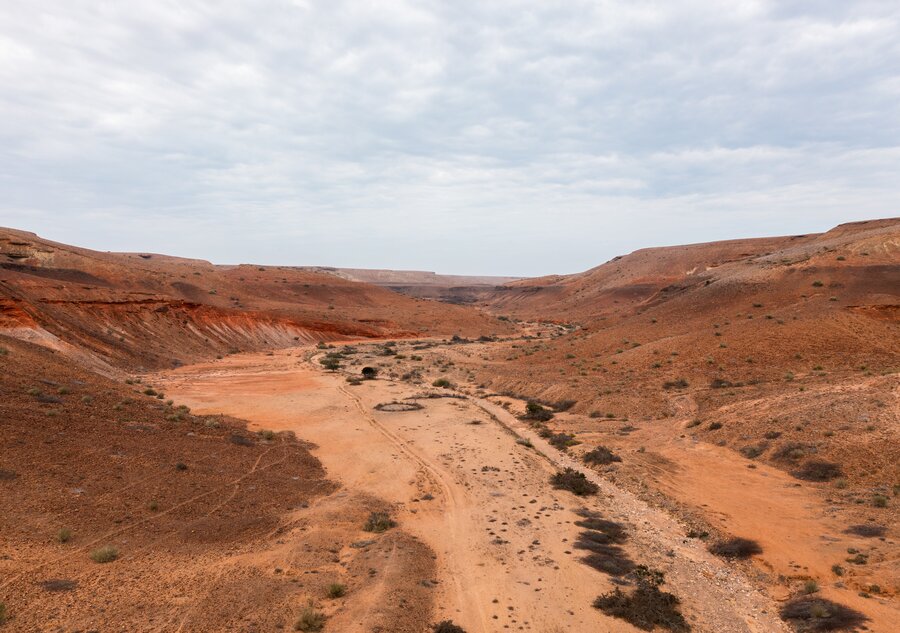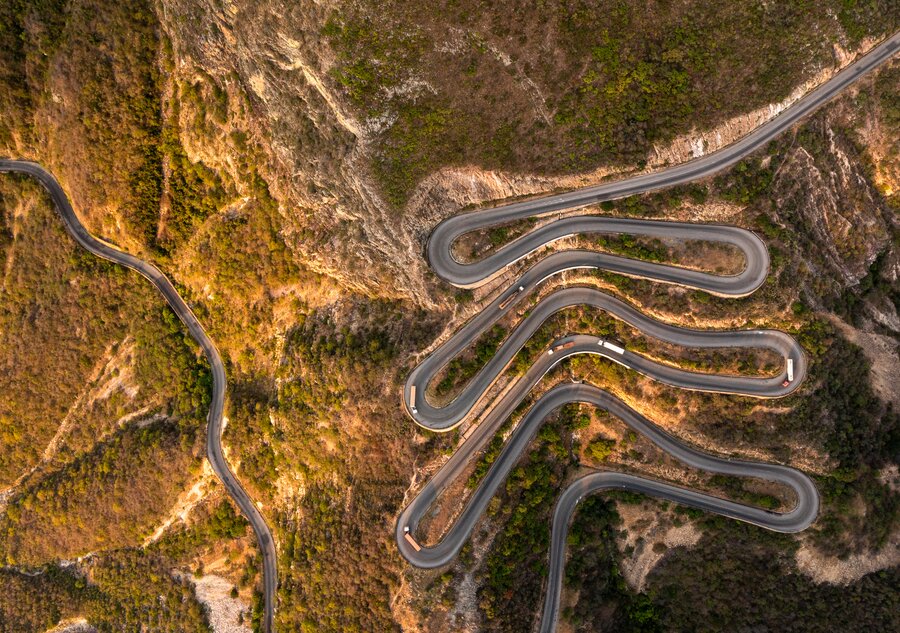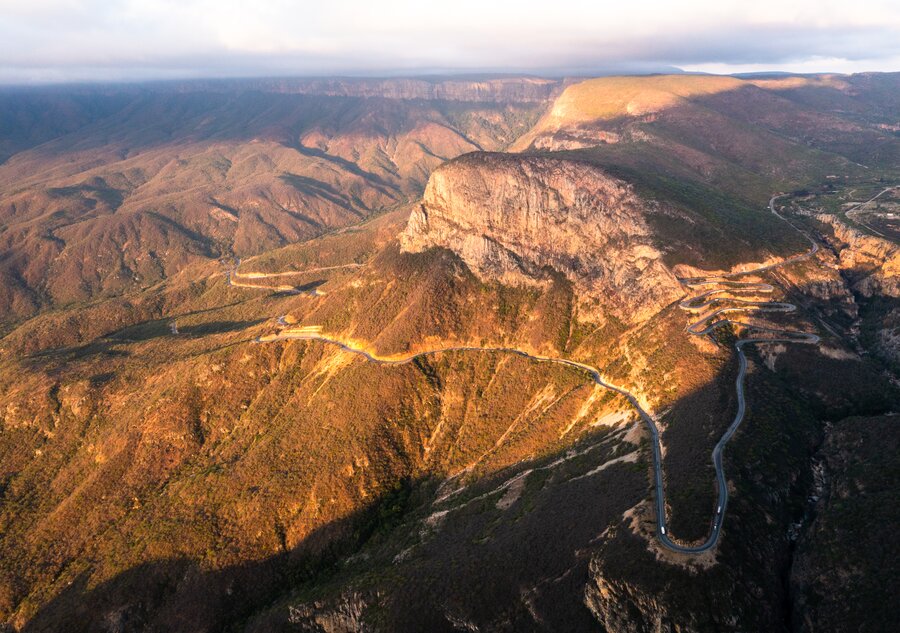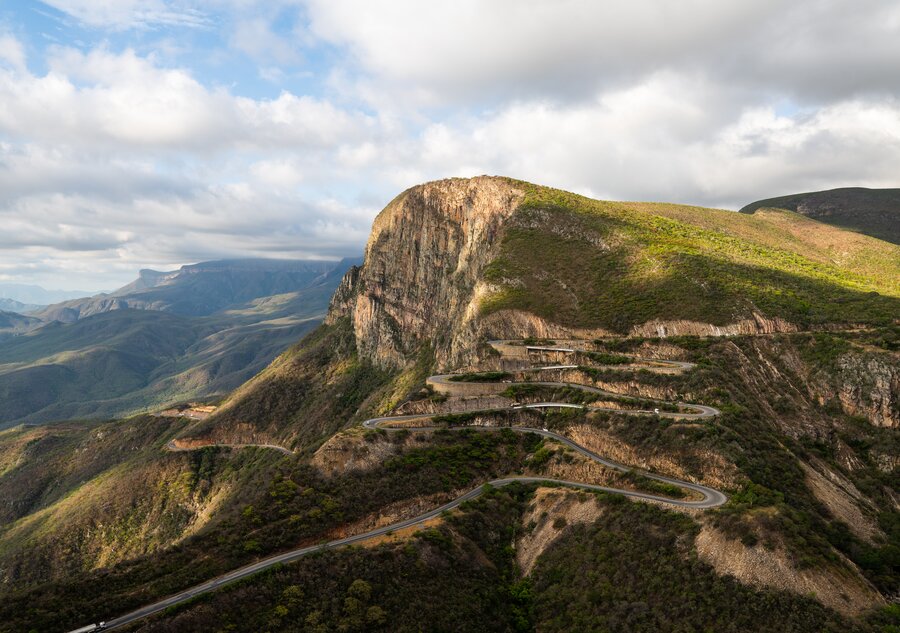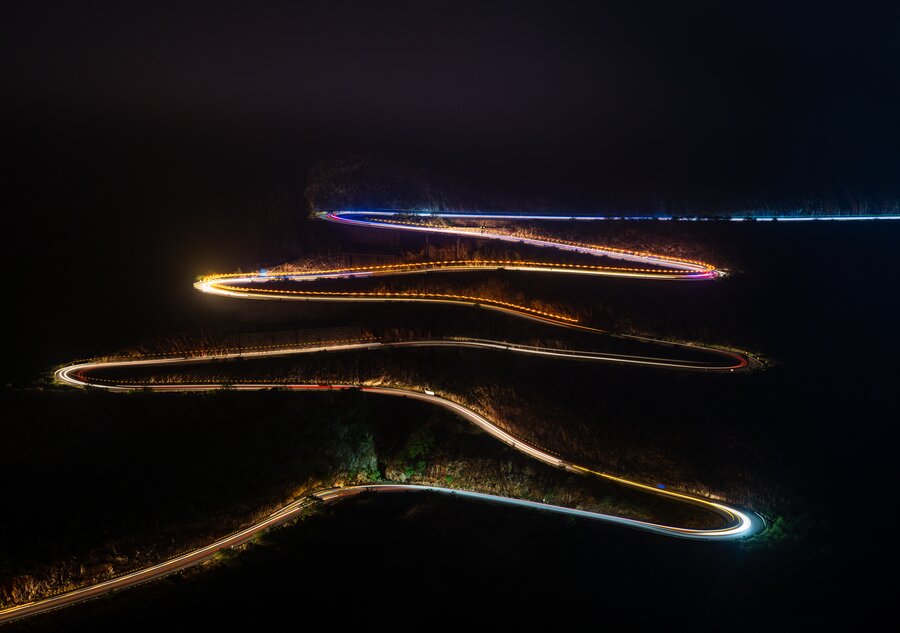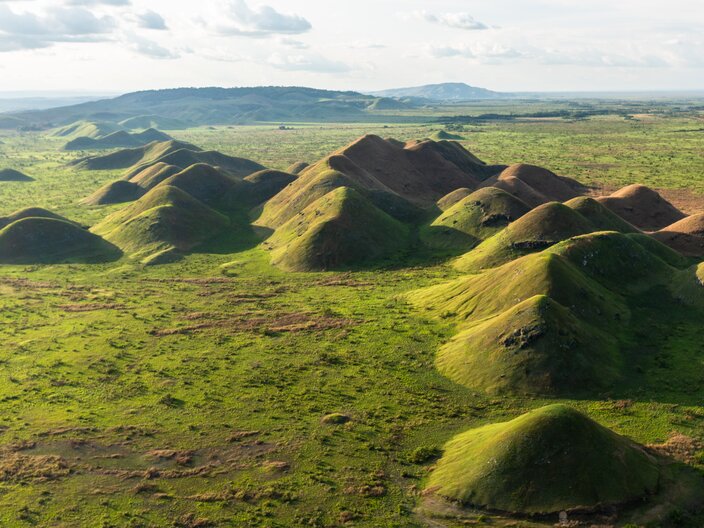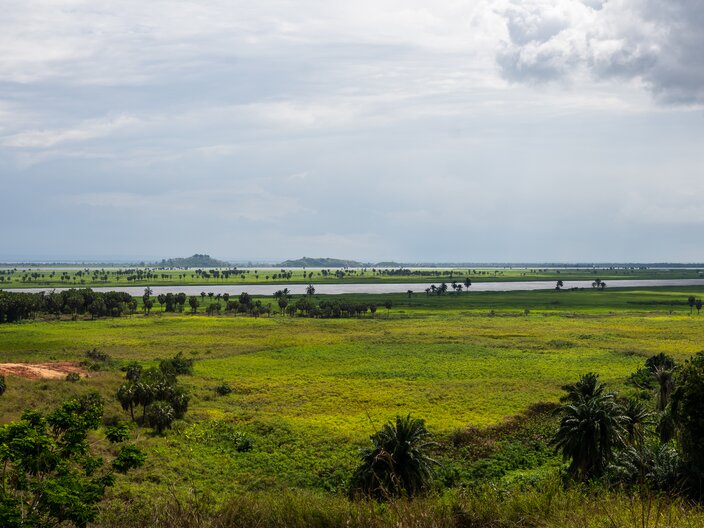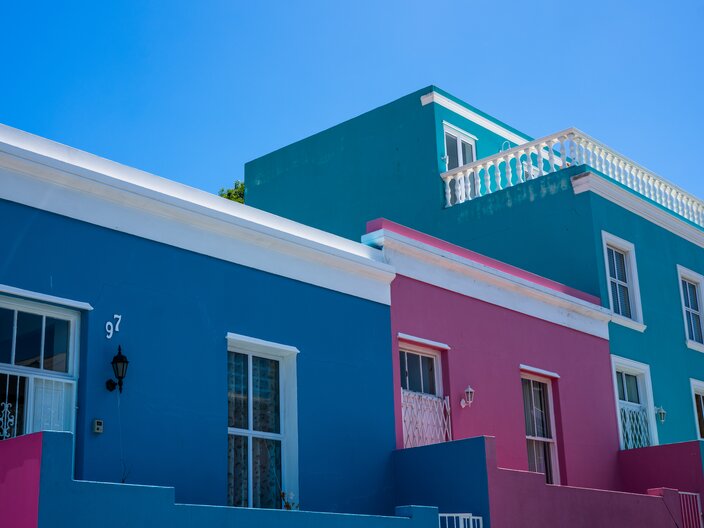A little north of Luanda, on a beach, you will find hundreds of shipwrecks, some of which have been painstakingly dismantled for their individual parts. This rare sight of wrecks is man-made. Disused ships were towed to this beach and left to rot. In the meantime, the ships, some of which are heavily rusted and half decayed, offer a mystical post-apocalyptic sight.
Angola
Once we reached Angola, we knew that the most stressful issue of obtaining visas for the countries we crossed, was behind us and the journey would become easier from then on, at least from that point of view.
Angola is yet another country of extreme contrasts, the capital Luanda is one of the most expensive cities in the world, but the Angolan population is affected by extreme poverty. We also met more and more travellers with off-road vehicles or trucks, coming from the south.
Our journey took us from the green north to the dry desert in the south of the country. On the way, we spent a few days in the capital Luanda and enjoyed the warmth and hospitality of Angolan overlanders - we are now officially members of the Nissan Patrol Angola Community.
On our way south, we were enchanted by the countless different and sometimes surreal landscapes. Most of Angola is desert-like. The oldest desert in the world - the Namib - begins in the south. On the 1400km long coastline you can find white sandy beaches as well as rugged cliffs.
The Rusty Cemetery of Angola
Miradouro da Lua - a journey to Mars
If you follow Angola's coastal road, a few kilometers south of Luanda you reach what is probably the most Mars-like landscape on our planet. Over thousands of years, erosion by rain and the sea has formed a surface of the earth that is otherwise only known in films.
Lobito
Our journey took us to Lobito, one of Angola's largest cities and known for the most beautiful sunsets in West Africa. We spent a night on the Lobito peninsula with the finest white sand and a perfect view over the sea and the sunset.
How salt is separated from water
What could be more obvious than to extract salt from the salt water of the sea? South of Benguela, this is done on a grand scale. Nature does most of the work and offers a sight unlike any other. The sun slowly evaporates the seawater in huge basins and at the end the purest salt remains. During the process, the colour of the water changes constantly due to the increased salt content of the remaining water.
The children of the dump
In the greater Benguela area, we visited an African waste incineration plant, which is not at all up to western standards. Rather, it is a huge mountain of rubbish that is always burning and is set alight again and again. Once parts of the mountain have burnt out, the manual labour begins. Whole families live around the rubbish mountain and search daily for recyclable raw materials such as copper, metal, aluminum and the like. Mothers with small children on their backs, old men and women and children of school age live and work in this unhealthy and dangerous place to try to earn a living from other people's waste.
Angola's endless coastline
Steep and rugged cliffs form the dividing line between the Atlantic Ocean and the Angolan mainland over hundreds of kilometers. Abandoned lighthouses can be found again and again, which in the past century signaled the dangers of the nearby cliffs to ships on the wide sea at night and thus saved them from a probably fatal collision.
A canyon in the desert
In the south of Angola, near the coast, a canyon hundreds of meters wide and several times longer is found in the middle of the desert. It is a witness to a long-gone and much wetter time. One can only imagine how large the river, which has slowly eroded into the ground, must once have been.
Serra da Leba
In the southwest of Angola is the Huila Plateau. If you drive from west to east, the approaching plateau seems more and more insurmountable. Only one road leads to the plateau. It is called "Serra de Leba" and offers a unique view from above. Dötnius mastered the many curves and the steep ascent brilliantly. For us, every pass is a highlight and means another note in our travel statistics.


